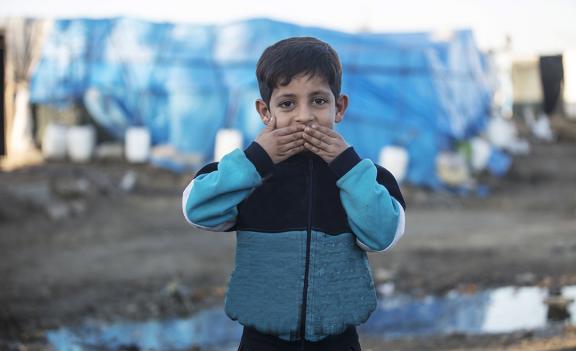Refugee oral health promotion and care project
Some of the most vulnerable people in the world today are those who have been forcibly displaced in the world`s conflict zones. The scale of global forced displacement is increasing worldwide. According to the United Nations High Commissioner for Refugees (UNHCR), by the end of the year 2017 68.5 million individuals had been forcibly displaced worldwide as a result of persecution, armed conflict, generalized violence, natural disasters, famine, and economic changes. Over 25 million of them were refugees, 40 million were displaced internally and 3 million were asylum-seekers1.
The needs of refugees exist in a complex environment, thus, developing a unified approach to deal with all cases of refugees worldwide is a complex task. Refugees usually have limited access to both therapeutic dental care and preventive services. Barriers to dental care among refugees vary and may include treatment costs, lack of dentists and dental insurance, low oral health literacy, language, and other cultural and psychological barriers.
Promoting access to oral care for refugees
The Refugee Oral Health Promotion and Care Project was launched in 2018 and seeks to understand how different countries’ experiences, solutions, and epidemiological data on providing oral care to refugees can be combined to develop a toolkit that will discuss clinical, policy, and societal recommendations and best practices to improve oral health care provision among refugees.
Definition: Refugees are people who have fled war, violence, conflict or persecution and have crossed an international border to find safety in another country and are unable or unwilling to return to their country of origin owing to a well-founded fear of being persecuted for reasons of race, religion, nationality, membership of a particular social group, or political opinion.

Goal 1
Develop a guide that discusses clinical, policy and societal recommendations and best practices that can be used to influence existing legislation to provide dental care services to refugees
Goal 2
Strengthen the infrastructure of oral health services offered to refugees by increasing access to tertiary dental services
Goal 3
Support preventive and therapeutic interventions that may improve oral health among refugees by building capacity among health care and community workers
1. United Nations High Commissioner for Refugees. Global Trends: 2017 in Review.
